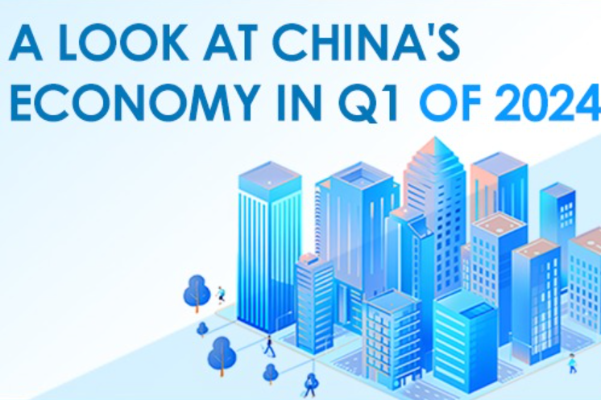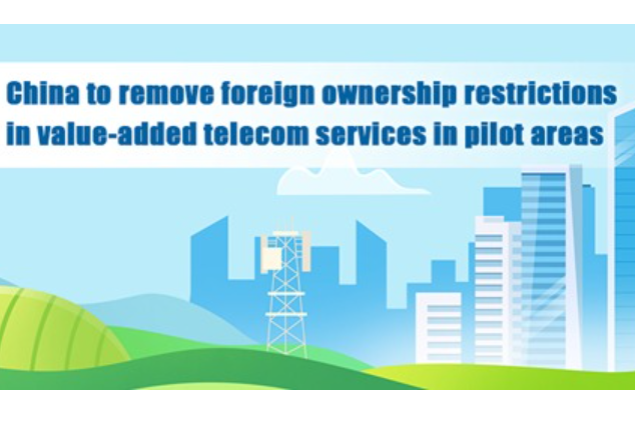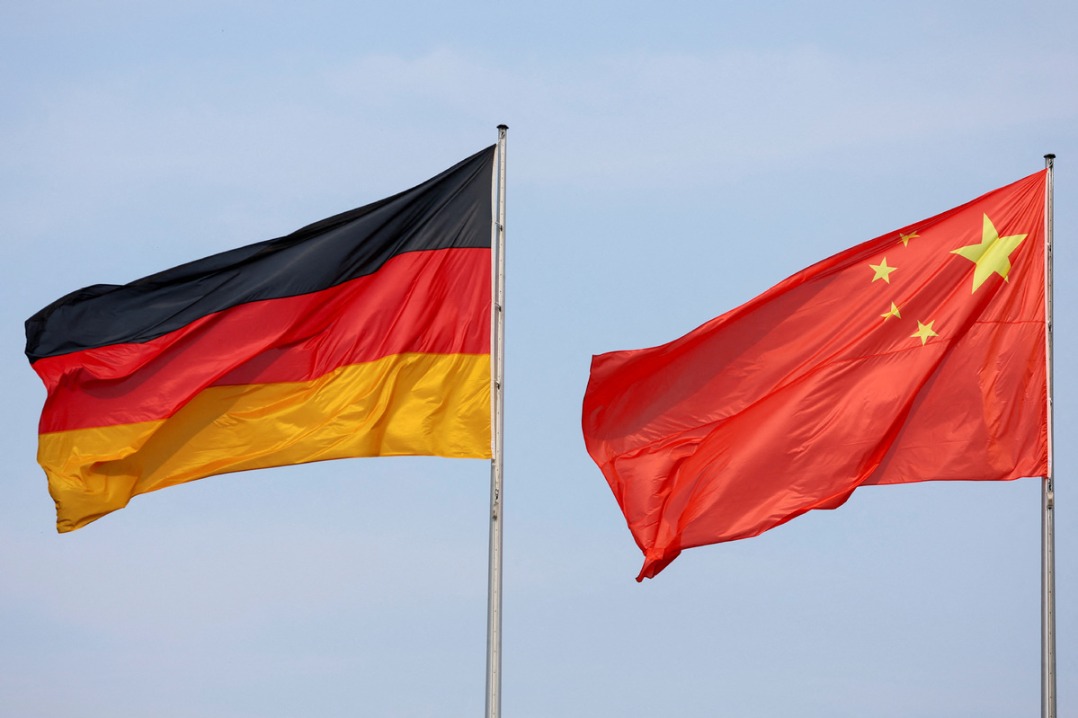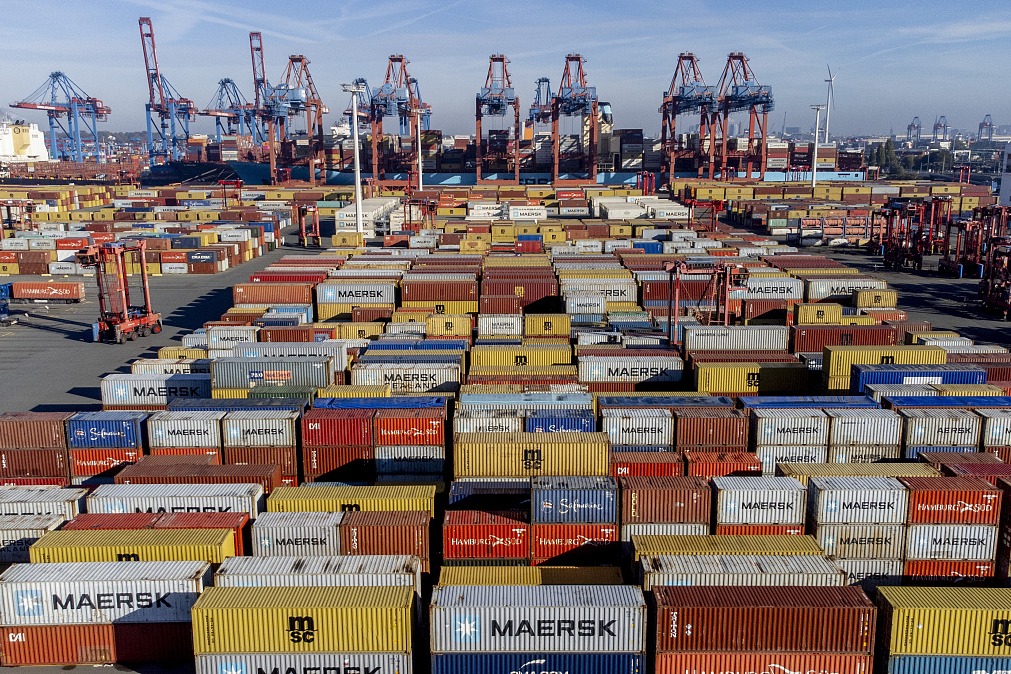Business environment

Regional advantages
Ningbo, a city in Zhejiang province, lies in the middle of China's eastern coastline and south wing of the Yangtze River Delta, with Zhoushan islands serves as a natural defense on the city's east side.
With a coastline running about 1,594 kilometers, accounting for 24 percent of the whole coastline of Zhejiang, the city neighbors Hangzhou Bay in the north, Shengzhou, Xinchang and Shangyu of Shaoxing in the west and Sanmen Bay in south.
Covering a land area of about 9,714 square kilometers and a sea area of about 8,232 sq km, Ningbo is one of the most distinguished port city in China. It was awarded one of the "30 Most Innovative City in China" in 2018.
Natural Resources
With a coastline of 1,594 km, Ningbo boasts abundant natural resources. It has 614 islands and two important ports - Beilun Port and Xiangshan Port, as well as the Hangzhou Bay, one of the most economically dynamic area in Yangtze River Delta.
There are over 85 mineral resources discovered in Ningbo, including lead zinc ore, iron ore, fluorite, alum, pyrophyllite, gypsum, silica, fluorspar and granite. Thanks to the Eastern China Sea, the“ Persian Bay of East Asia", Ningbo is also well-known for its rich reserves of natural gas and oil.
Local industries
Zhoushan boasts various industries including steel industry, semi-conductor and photo-electronic industry, new materials industry, electronic and IT industry, and petrochemical industry.
With the support of the advantageous port and the city's industrial policies, Ningbo Steel Production Base has seen rapid development. Ningbo Baoxin Stainless Steel now achieved an annual capacity of producing 600,000 tons of thin stainless steel plate. The Ningbo Steel Company has the capacity of producing 4 million tons of wide steel plate each year.
The semi-conductor and photo-electronic industry in Ningbo had rapid development during recent years. Based on convenient transportation, unique policies and location advantages, a great number of semi-conductor and photo-electronic manufacturers have established their companies in Ningbo. Famous companies include Chi Mei Optoelectronics, Lili Electronics, SinoMos Semiconductor and Prodisc.
New materials and new energy resource industries are Ningbo's key industries. From 2002, the industry kept an annual growth rate of 30 percent, and the output value accounted for 34.95 percent among all the high technology industries in Ningbo.
Ningbo is one of three major household appliance production bases in China. It is home to over 3,000 household appliance manufacturers and about 10,000 coordinative factories producing electric appliance parts and accessories. The turnover accounts for about 30 percent of entire industry in China, with renowned brands including Aux, Bird, Fotile and Shuaikang.
There are currently more than 2,000 manufacturers producing electronic and IT products in Ningbo. The famous companies here include Bird, Yunshen and Gigabyte, and the output value of the industry has reached 10.5 percent of the total GDP in Ningbo.
Ningbo is also one of the major petrochemical industry bases in China. Now it hosts 179 petrochemical enterprises, including LG Yongxing Chemical Co and Zhenhai Refinery Chemical Co, which has the largest crude oil refinery capacity in China.
The city has built a series of industrial parks, including the Ningbo Hangzhou Bay New Area, Ningbo National High-tech District, Ningbo Petrochemical Economic and Technological Development Zone, Ningbo Daxie Development Zone and Ningbo International Marine Ecology Technology Park.
Ningbo has experienced sustainable and rapid economic development since China launched the reform and opening-up in 1979.In 2017, Ningbo recorded a GDP of 984.69 billion yuan ($145.35 billion), a growth rate of 7.8 percent.
As an industrial hub and a manufacturing powerhouse, Ningbo registered an industrial added value of 326.67 billion yuan in 2017, with strengths in auto manufacturing, tobacco, petrochemicals, home appliances and clothing industries.
Endowed with favorable harbor logistics conditions, Ningbo is a major coastal open city with its total amount of foreign trade exceeding $100 billion. In 2018, Zhoushan port of Ningbo handled 26.35 million standard containers by its 246 marine routes, ranking among one of the largest port in the world.
As an industrial hub and a manufacturing powerhouse, Ningbo registered an industrial output of 376.66 billion yuan in 2016, with strengths in auto manufacturing, tobacco, petrochemicals, home appliances and clothing industries.
Ningbo has been designated as one of the first pilot areas for the "Made in China 2025" plan. The decision will enable Ningbo to experiment and explore new models for manufacturing, the Ministry of Industry and Information Technology (MIIT).
MOST POPULAR
- 1 Things to know about China Intl Consumer Products Expo 2024
- 2 China tops FDI confidence index of emerging markets
- 3 China specifies steps to improve payment services in tourist attractions
- 4 Low-altitude economy set to take off
- 5 China's immigration service platform receives over 10m calls from home, abroad
Editors' Picks
 Infographic:
A look at China's economy in Q1 of 2024
Infographic:
A look at China's economy in Q1 of 2024
 Infographic:
China to remove foreign ownership restrictions in value-added telecom services in pilot areas
Infographic:
China to remove foreign ownership restrictions in value-added telecom services in pilot areas
 Infographic:
2023 Sino-German investment and trade in numbers
Infographic:
2023 Sino-German investment and trade in numbers
 Infographic:
China-Germany relations in graphic
Infographic:
China-Germany relations in graphic



